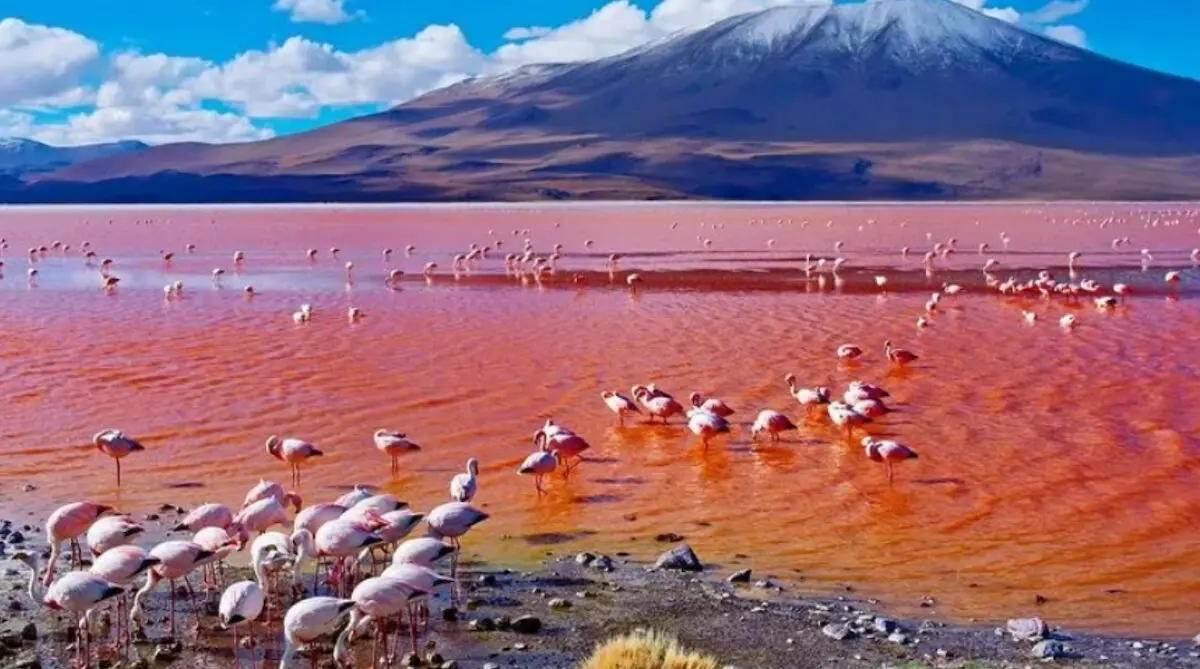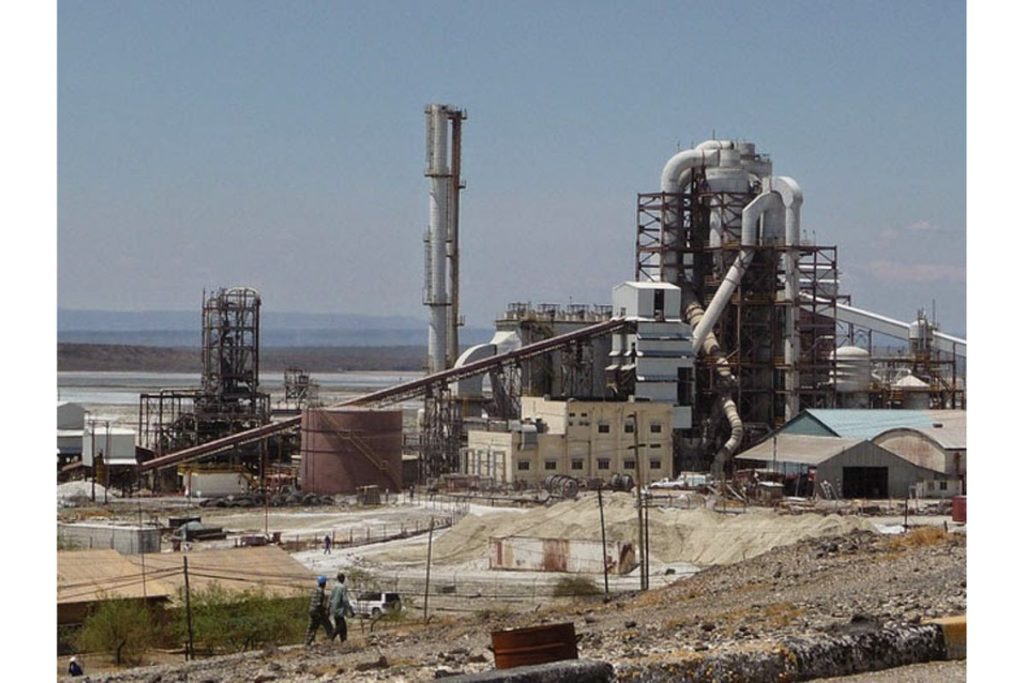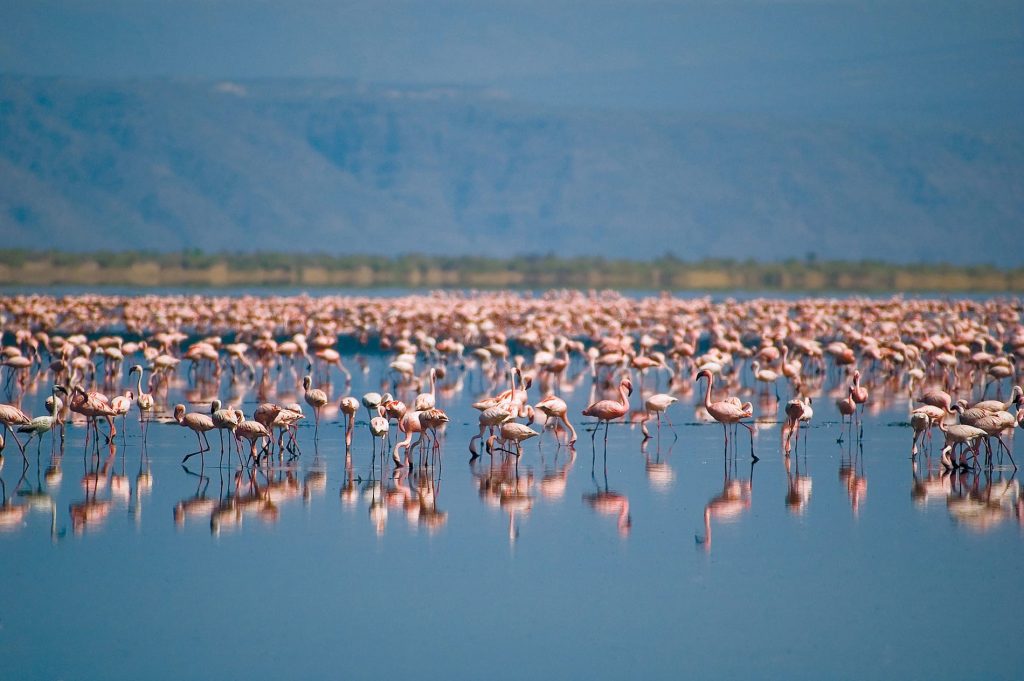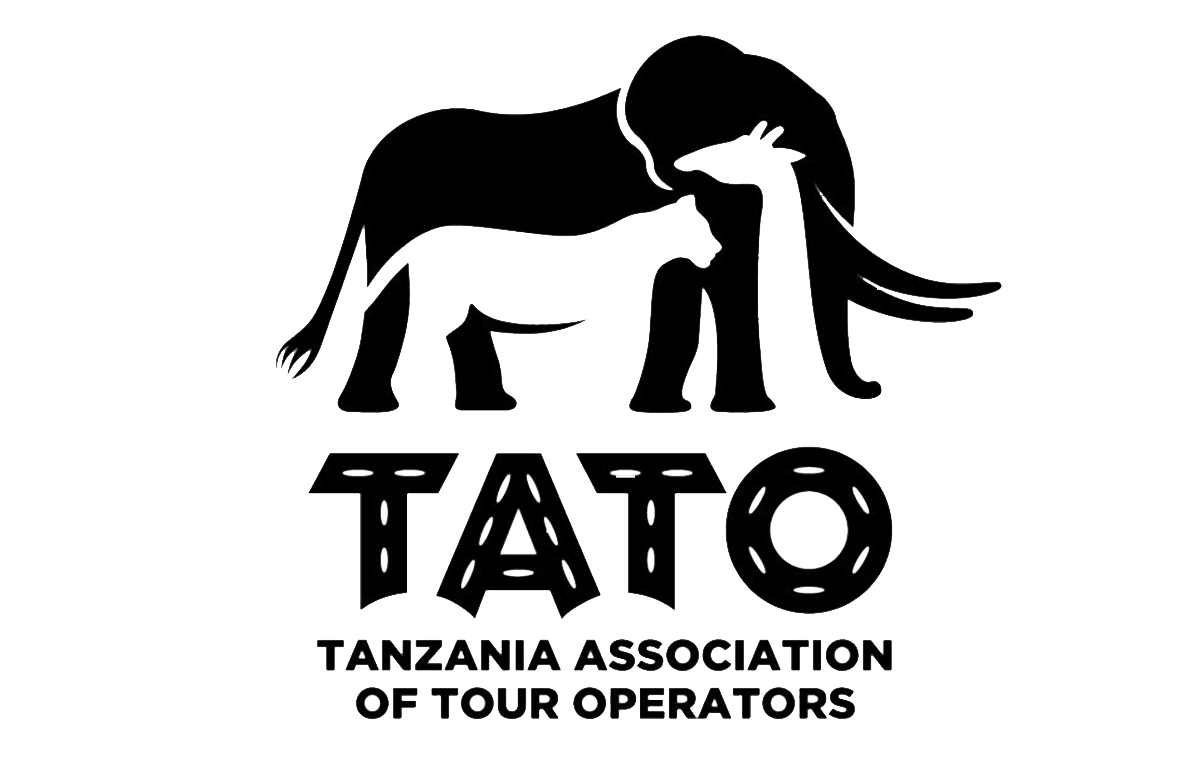TATO Statement On Lake Natron Soda Ash Project And Tourism Conservation

Background
Lake Natron is one of Tanzania’s most unique ecological treasures. As the only regular breeding ground for East Africa’s lesser flamingos — hosting over 75% of the global population — this fragile ecosystem stands as a critical pillar for biodiversity and a valuable asset for sustainable tourism. Tourism, in turn, is a cornerstone of Tanzania’s economy, generating billions of dollars annually and providing extensive employment opportunities.
Over the years, proposals for large-scale soda ash extraction at Lake Natron have resurfaced. These projects, however, have consistently met strong national and international opposition due to their potential to cause irreversible damage to the environment, tourism, and the livelihoods of surrounding communities.
Government Decisions
- Ministry of Minerals – Withheld approvals for soda ash extraction at Lake Natron, directing attention to alternative sites such as Engaruka.
- National Environmental Management Council (NEMC) – Declined to approve Environmental Impact Assessments (EIA) due to the project’s severe ecological risks.
- National Development Corporation (NDC) – In 2018, officially abandoned plans for soda ash extraction at Lake Natron.
- Tata Chemicals (Investor) – Withdrew from the project in 2008 following mounting pressure from conservation groups and international stakeholders.

TATO’s Position
As the umbrella body for Tanzania’s tour operators, the Tanzania Association of Tour Operators (TATO) strongly supports the government’s commitment to safeguard Lake Natron. Our position rests on four key principles:
1. Tourism over Extractives
Tourism contributes over USD 3.9 billion annually to Tanzania’s economy and supports hundreds of thousands of jobs. Soda ash mining, by contrast, may offer short-term financial returns but would undermine the long-term sustainability and prosperity derived from tourism.
2. Conservation as a National Asset
Lake Natron is a global ecological treasure. Any damage to its delicate ecosystem would not only endanger the lesser flamingo population but also harm Tanzania’s image as a premier eco-tourism destination.
3. Policy Consistency
Tanzania’s development vision and the CCM manifesto prioritize sustainable tourism growth. Endorsing extractive projects in such fragile ecosystems would contradict these commitments and undermine national development strategies.
4. Community Livelihoods
Communities around Lake Natron depend on pastoralism, tourism, and small-scale economic activities. Mining risks displacing these communities, destabilizing social structures, and eroding local economic resilience.

Recommendations
1. Maintain Ban on Mining at Lake Natron
Any soda ash extraction project in this sensitive ecosystem must remain strictly prohibited to protect the integrity of Lake Natron.
2. Promote Alternative Development Models
The government should invest in eco-tourism, cultural tourism, and community-based projects that bring long-term benefits while preserving natural resources.
3. Strengthen Environmental Governance
There is an urgent need to fast-track the enforcement of EIA guidelines and ensure NEMC’s authority is fully respected in decisions on environmentally sensitive projects.
4. International Partnerships
Collaborate with UNESCO, IUCN, BirdLife International, and other conservation bodies to promote Lake Natron as a World Heritage Site candidate. This move would enhance Tanzania’s tourism branding while providing stronger protection for this critical habitat.
Conclusion
The Tanzania Association of Tour Operators (TATO) commends the Ministry of Minerals, the Ministry of Natural Resources and Tourism (MNRT), NEMC, and NDC for their steadfast commitment to protecting Lake Natron. Tanzania’s natural capital must never be compromised by extractive projects. Tourism — a renewable, sustainable, and job-rich sector — remains the foundation of our economy and a pathway to inclusive growth.
TATO stands ready to collaborate with the government, conservation organizations, and tourism stakeholders to ensure Lake Natron remains a sanctuary for wildlife, a beacon for eco-tourism, and a source of pride for future generations.
Prepared by:
Wilbard Chambulo
Chairman – Tanzania Association of Tour Operators (TATO)

